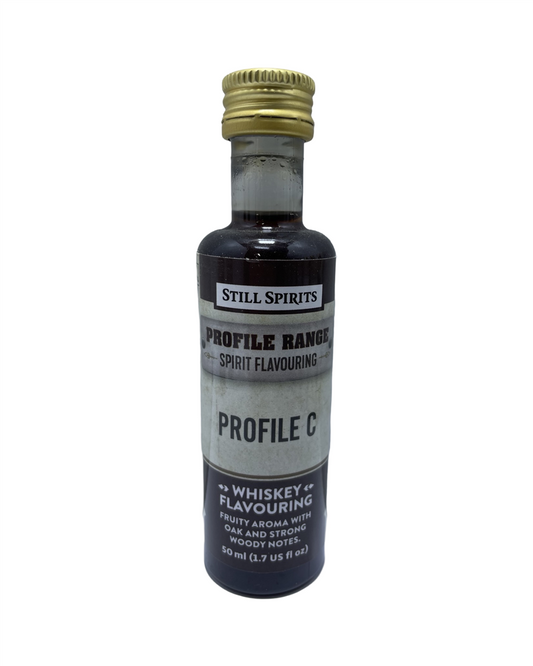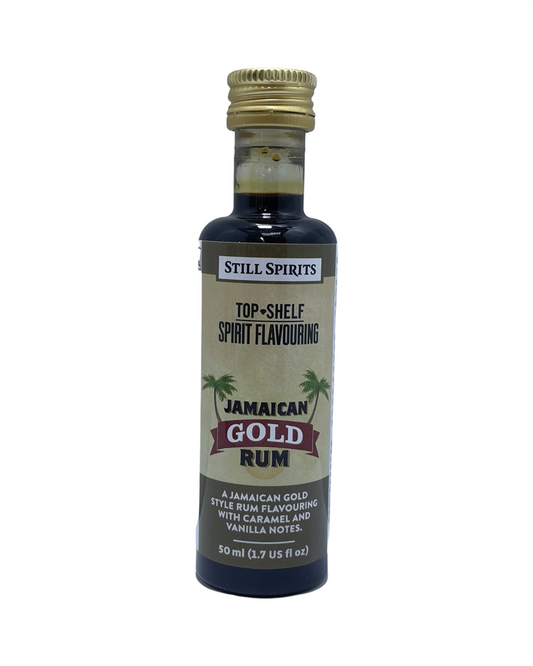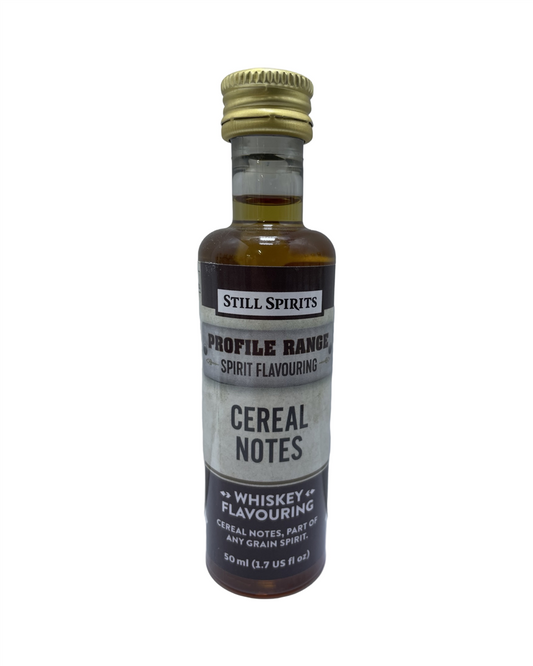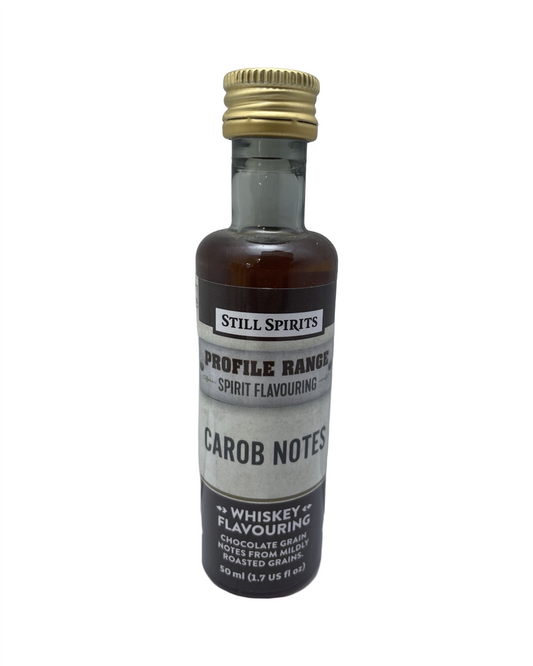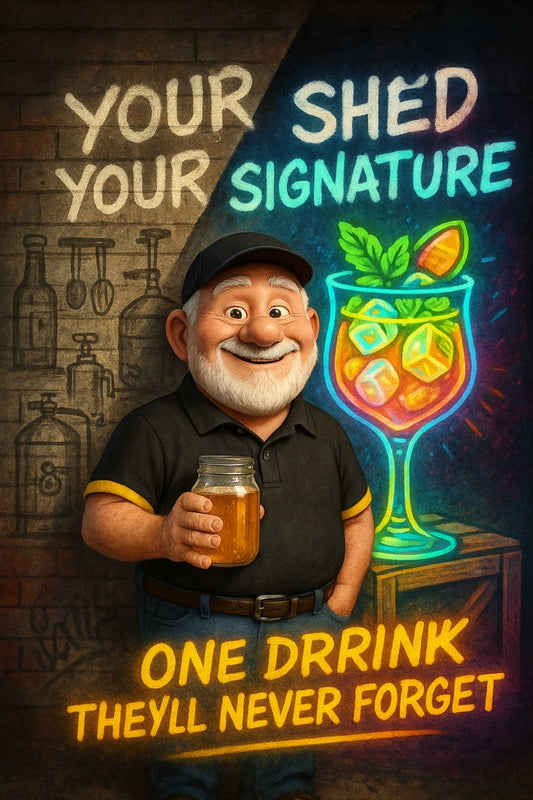Is Home Distilling Legal? A Guide to Rules and Regulations
Share
Is Home Distilling Legal? A Guide to Rules and Regulations
So, you’ve mastered brewing a crisp lager, dabbled in cider, and maybe even experimented with a rich stout. Now, the idea of distilling your own spirits has your curiosity bubbling over. But before you start dreaming of your signature whiskey or vodka, there’s one big question to answer: Is home distilling legal?
The Basics of Home Distilling Laws
Making beer or cider at home? Generally no problem. But when it comes to distilling spirits, things get a little more complicated. Unlike homebrewing, which is widely accepted, distilling at home without the right approvals is a different kettle of fish.
That’s because distillation involves producing alcohol at high concentrations, which comes with legal, health, and safety considerations. You need to check your state or territory to find out if you can distill alcohol without a proper licence.
So no matter how small your setup is—whether you’re using a large professional still or a small tabletop unit it's always best to check first.
Licences and Requirements
If you want to distil spirits legally, you’ll need the proper approvals. At a minimum, this generally includes:
- A licence to distil – This allows you to legally operate a still for spirit production.
- A permit for alcohol production – Since distilled spirits are regulated, you usually need to register as a producer.
- Compliance with taxation laws – Spirits are subject to excise duties, meaning tax obligations apply. Basically the government doesn't want to miss out on their cut.
If you want to get serious and sell alcohol, then these licences aren’t just formalities.
Can You Own a Still Without a Licence?
You might be wondering—if distilling spirits without approval is illegal in your state or territory, does that mean owning a still is off-limits? Not necessarily. You can own a still legally as long as it’s used for non-alcoholic purposes, such as distilling water or essential oils.
However, if your still has a capacity over a specific threshold, you may still need to register it with authorities, regardless of what you’re using it for.
Why Are Distilling Laws So Strict?
There are good reasons why home distilling is tightly regulated:
- Safety concerns – Distilling involves highly flammable substances. If something goes wrong, the risks include explosions and fires.
- Health risks – Improper distillation can lead to methanol contamination, which is toxic and can cause blindness or worse.
- Tax revenue – Governments impose excise duties on spirits, and illegal distillation bypasses these taxes.
The laws aren’t just about control—they exist to prevent serious accidents and ensure that spirits are produced safely.
The Bottom Line
While homebrewing beer and cider is fair game, distilling spirits at home without a licence can be a legal no-go. At the end of the day, it's always good to C-Y-A and just check what's allowed in your state or territory.
That way, whether you’re a seasoned homebrewer or just getting started, staying on the right side of the rules ensures your brewing adventures remain enjoyable and hassle-free. Cheers to that! 🍻

Stay Connected
Join our homebrewing community: Beer and Barrel Society on Facebook
Follow our Facebook Page: Strathalbyn H Hardware on Facebook

